Argentina is currently selling dollars to stabilize its currency, the peso, which has been rapidly declining in value. This strategy aims to increase the availability of pesos in the market, helping to curb inflation and restore confidence among consumers and businesses. However, challenges such as dwindling foreign reserves pose risks to this approach. The overall impact on the economy and everyday life for Argentinians raises concerns as the government navigates this financial crisis.
Argentina is taking strong actions to deal with its currency crisis. The government is selling dollars to help stabilize the peso’s value. This strategy aims to put a stop to the peso’s rapid decline.
Why Sell Dollars?
When the value of the national currency falls, foreign currencies like the dollar become more valuable. By selling dollars, Argentina hopes to increase the supply of money in the market. This helps keep prices from rising too fast and gives people more confidence in the peso.
How Does It Work?
Argentina’s central bank sells dollars to banks and businesses. These entities then distribute the dollars to consumers and importers who need them. This circulation can help lower the demand for dollars, allowing the peso to stabilize.
The Challenges Ahead
However, this approach is not without challenges. Over time, selling too many dollars can lead to lower currency reserves. If reserves drop too low, the country might struggle to maintain this policy.
Moreover, everyday consumers feel the pinch when the peso weakens. More money spent on imports means higher prices for goods. As the local economy faces these changes, the government must find a balance.
What’s Next?
As Argentina continues to navigate this economic storm, the focus remains on finding solutions that stabilize the peso. Selling dollars is just one part of the equation. Observers will closely watch how these actions play out in the coming months and whether they can curb inflation and restore faith in the currency.
Conclusion
In conclusion, Argentina’s decision to sell dollars is crucial for stabilizing its economy and the value of the peso. This approach aims to restore confidence among consumers and businesses alike. While it may provide a temporary solution, the long-term effects depend on careful management of the country’s currency reserves.
As Argentina navigates these challenges, the focus should remain on finding sustainable ways to bolster the economy. By balancing the currency supply and maintaining public trust, the nation can pave the way for recovery. Ultimately, understanding and responding to market needs will be key in overcoming this financial crisis.
FAQ – Frequently Asked Questions About Argentina’s Dollar Sales
Why is Argentina selling dollars?
Argentina is selling dollars to stabilize the peso’s value and to restore public confidence in the local currency.
How does selling dollars help the economy?
Selling dollars increases the availability of pesos in the market, which can help reduce inflation and stabilize prices.
What risks are associated with selling dollars?
The main risk is depleting foreign currency reserves, which may weaken the country’s ability to support the peso in the future.
Who benefits from Argentina’s dollar sales?
Businesses and consumers benefit as it can lower the cost of imports and ease inflation, improving overall economic conditions.
What alternatives does Argentina have to stabilize its economy?
Argentina could explore other monetary policies, seek international loans, or engage in trade agreements to strengthen its economy.
What impact does the currency crisis have on everyday Argentinians?
The currency crisis can lead to higher prices for goods, reduced purchasing power, and increased economic uncertainty for citizens.

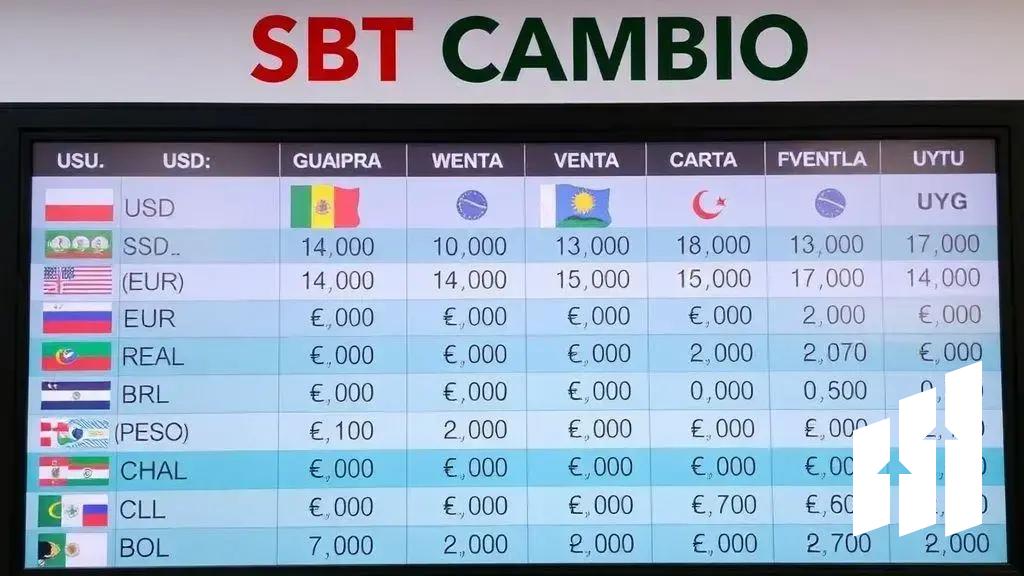
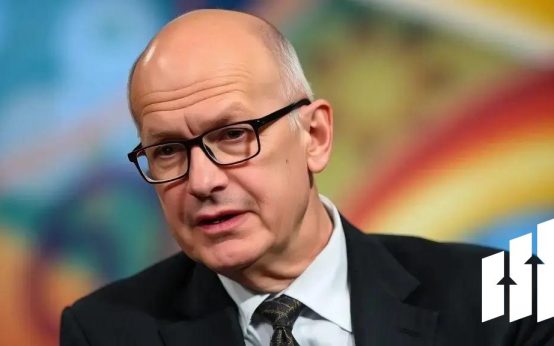 Miran Highlights Dual Goals of Fed and Interest Rate Outlook
Miran Highlights Dual Goals of Fed and Interest Rate Outlook 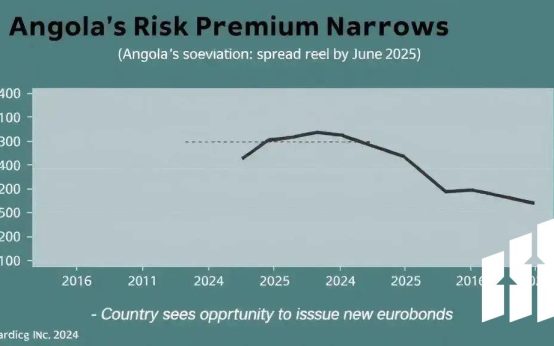 Are You a Robot? Unusual Activity Detected on Bloomberg
Are You a Robot? Unusual Activity Detected on Bloomberg 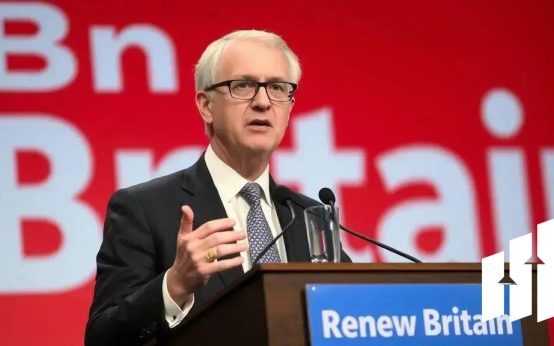 Keir Starmer Leads Business Delegation to India for Trade Pact
Keir Starmer Leads Business Delegation to India for Trade Pact  Takaichi Appoints Ex-Finance Minister as Secretary General of LDP
Takaichi Appoints Ex-Finance Minister as Secretary General of LDP 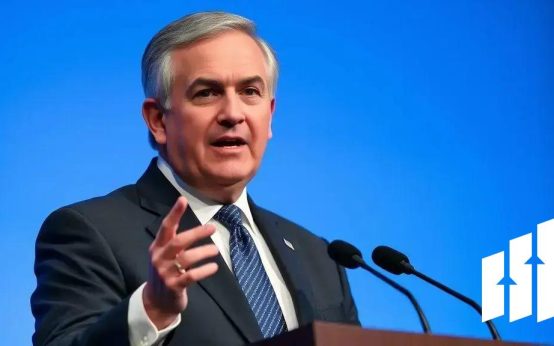 White House Calls on Democrats to Resolve Ongoing Government Shutdown
White House Calls on Democrats to Resolve Ongoing Government Shutdown 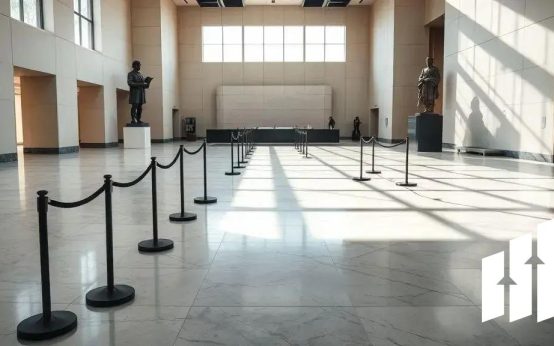 White House Intensifies Pressure on Democrats Amid Ongoing Government Shutdown
White House Intensifies Pressure on Democrats Amid Ongoing Government Shutdown